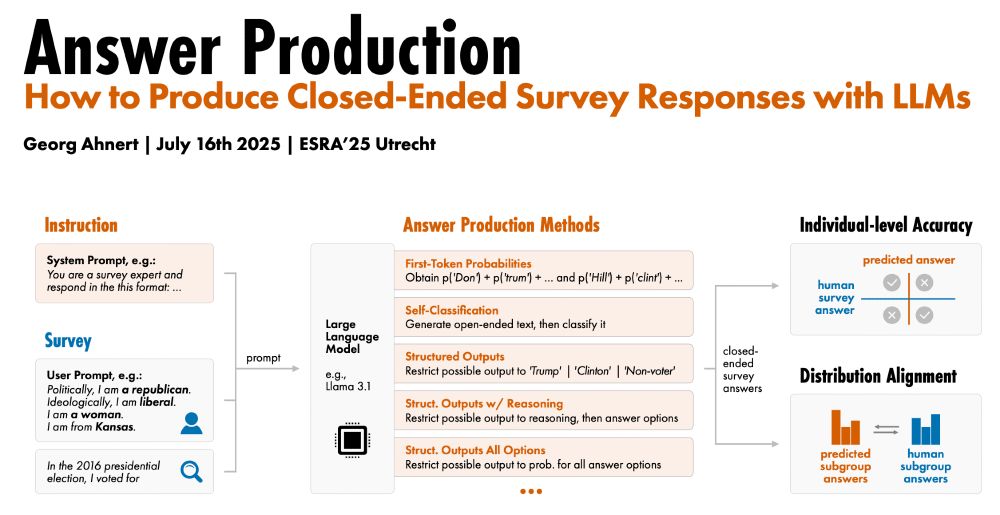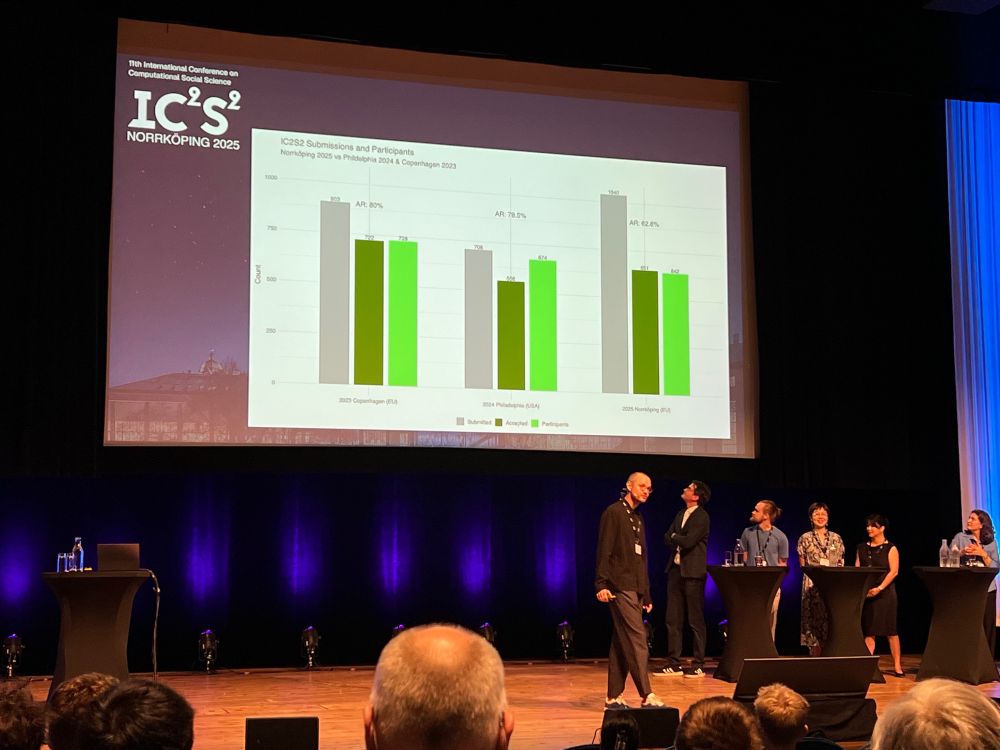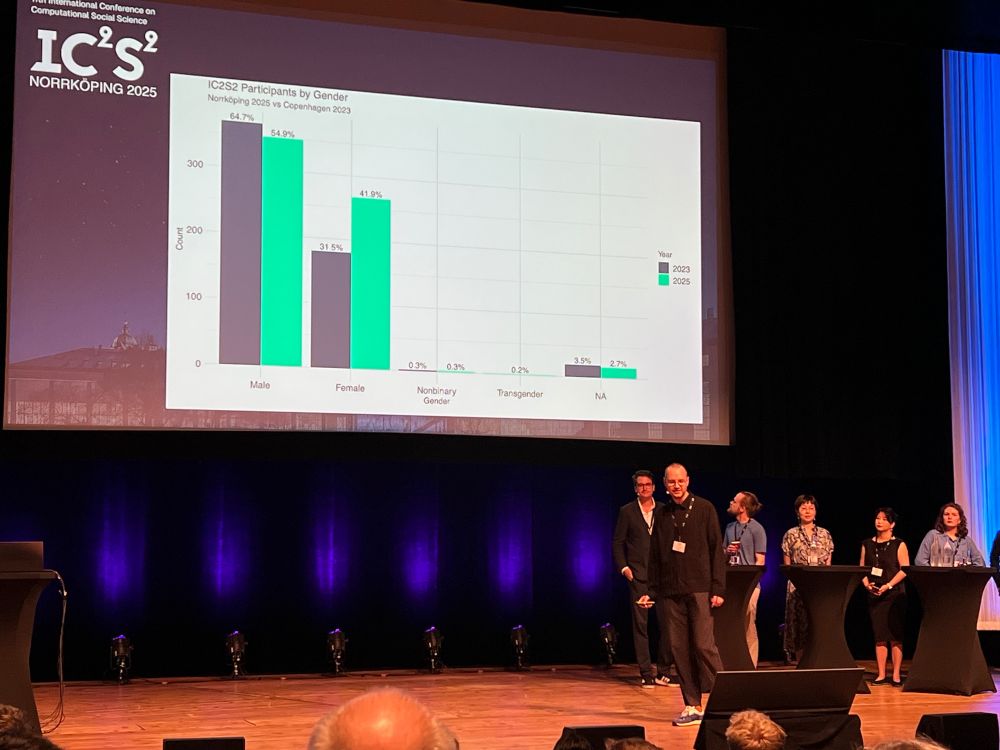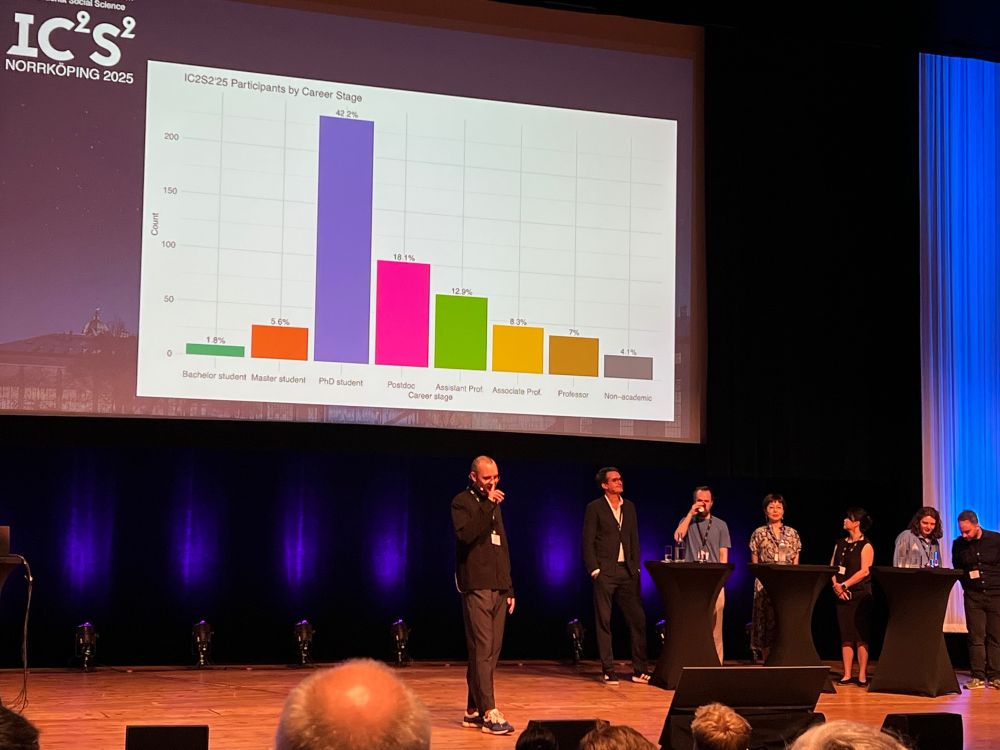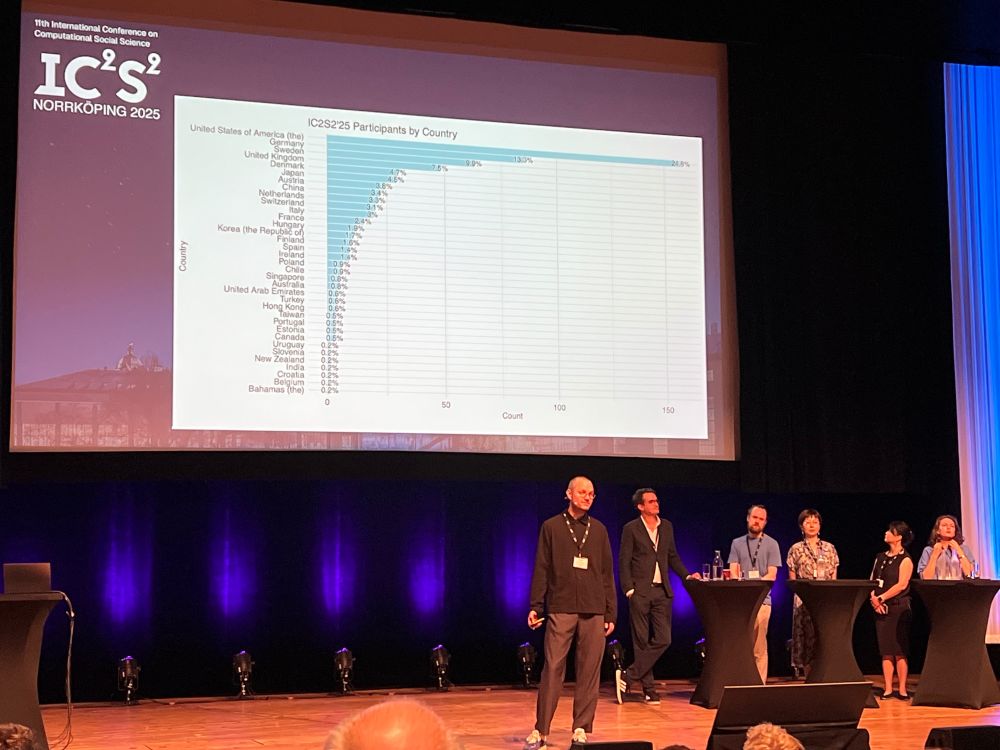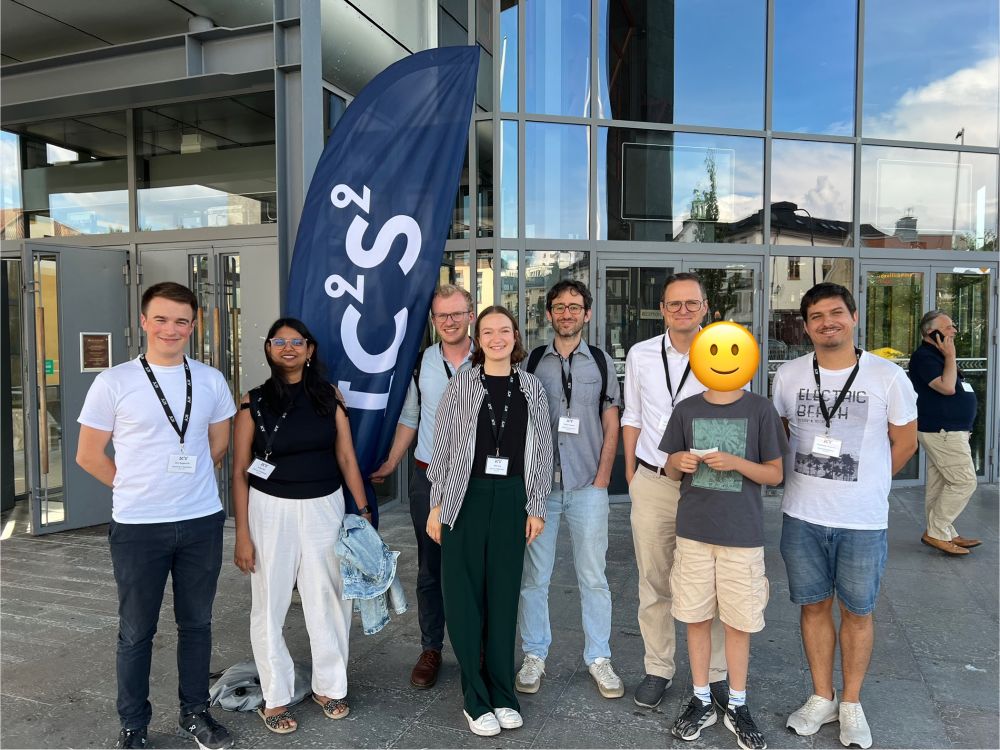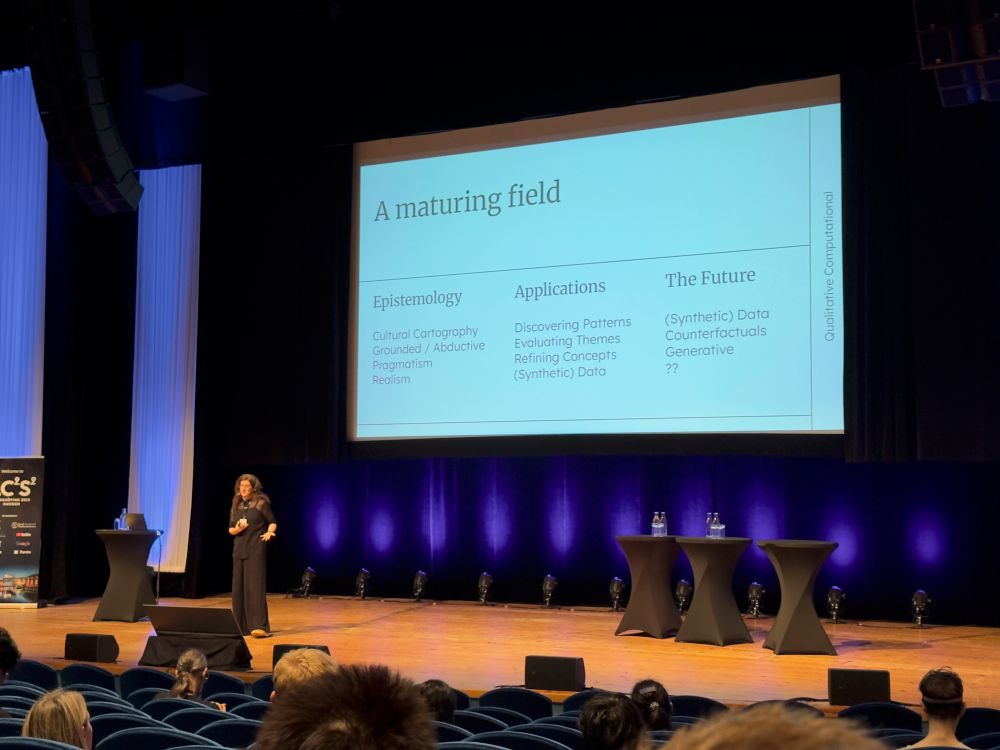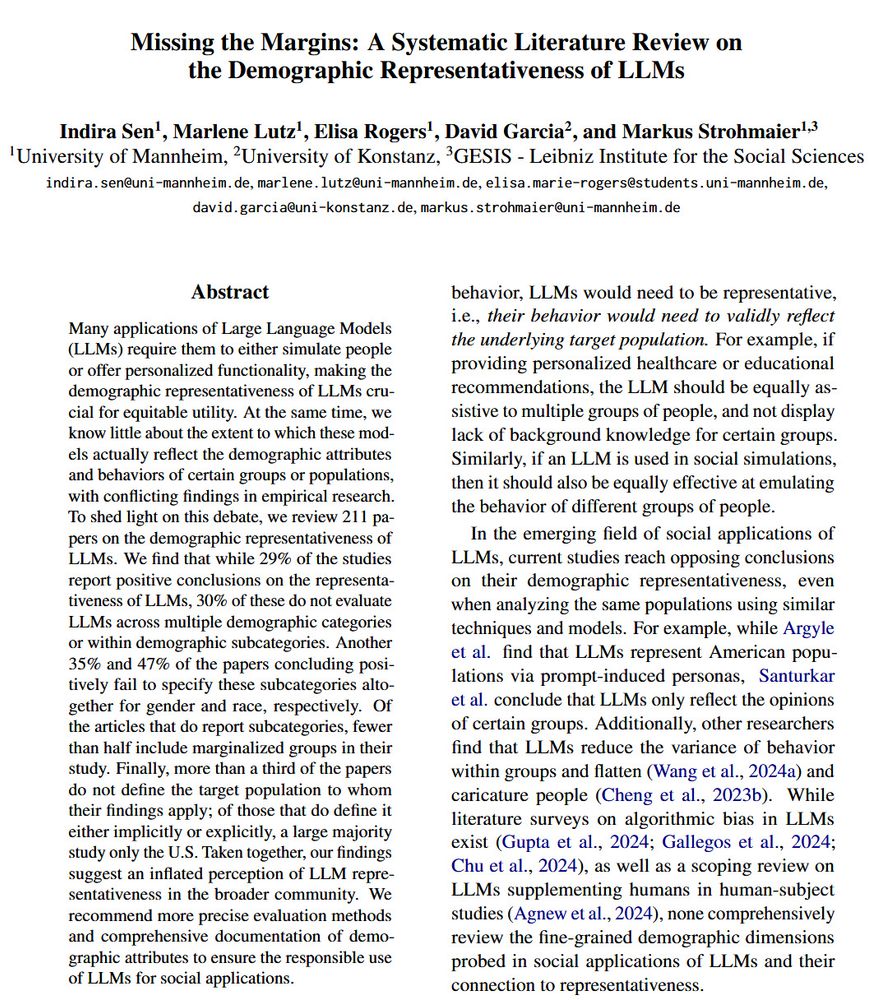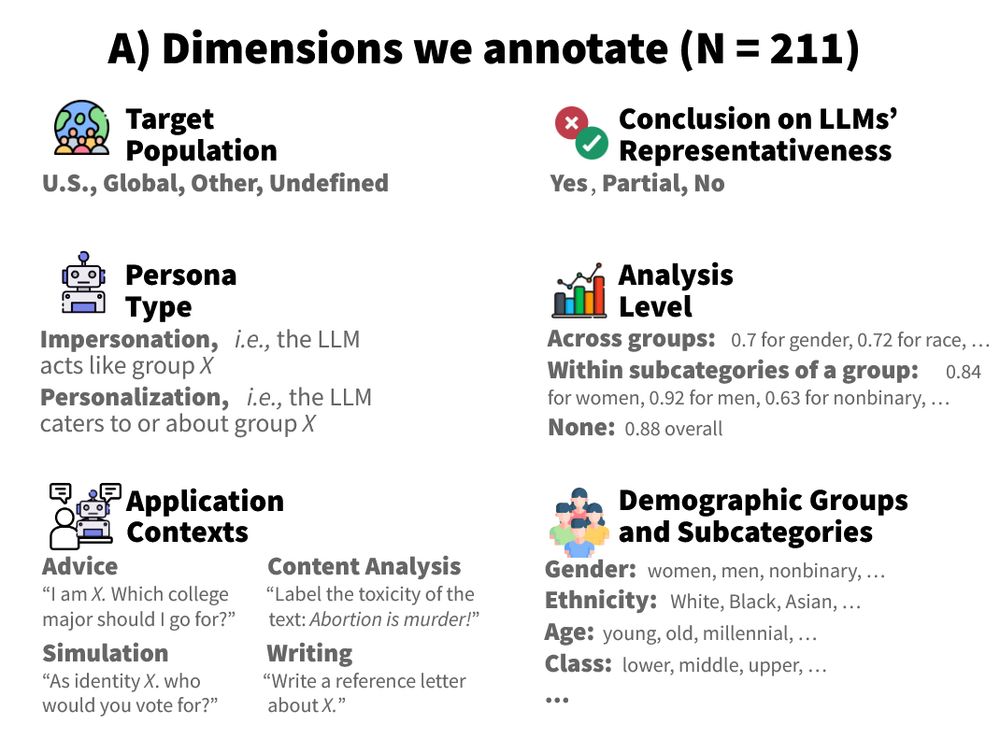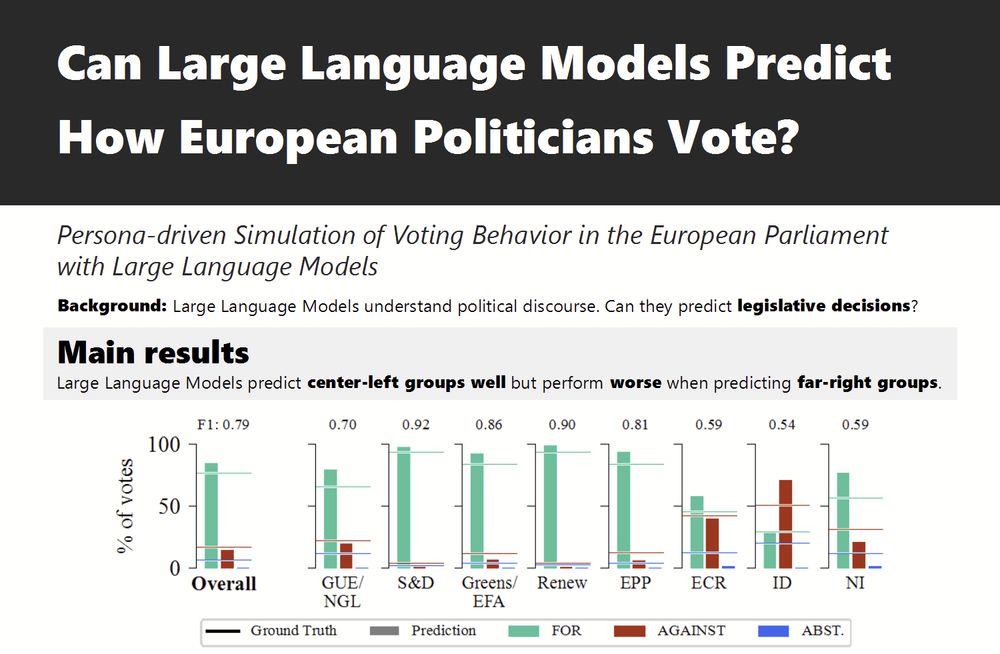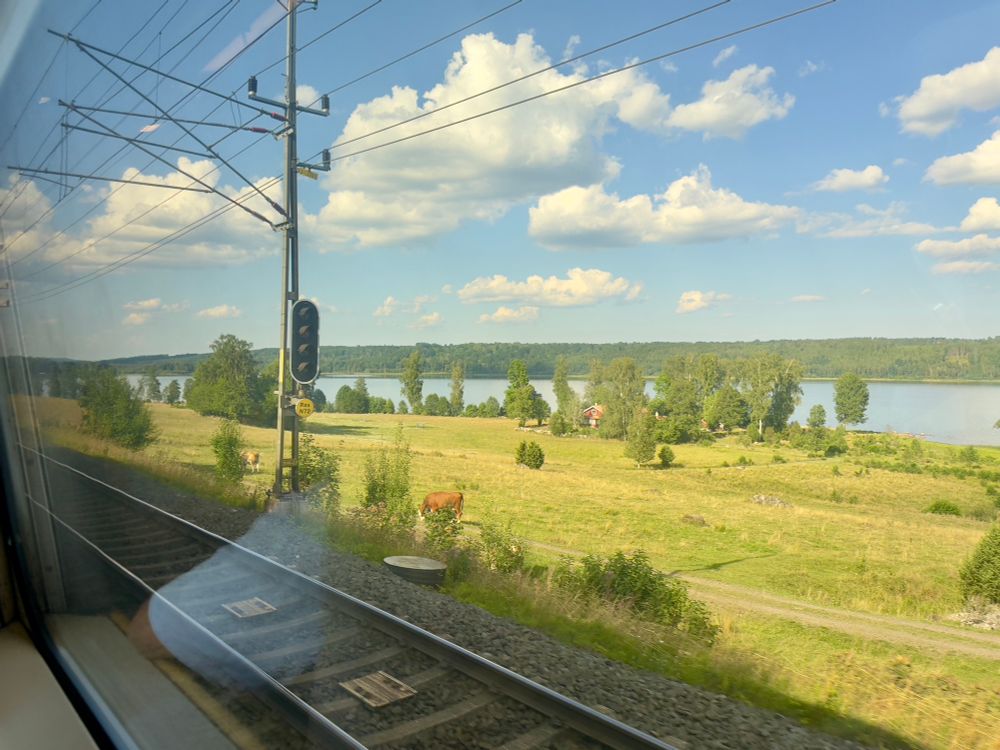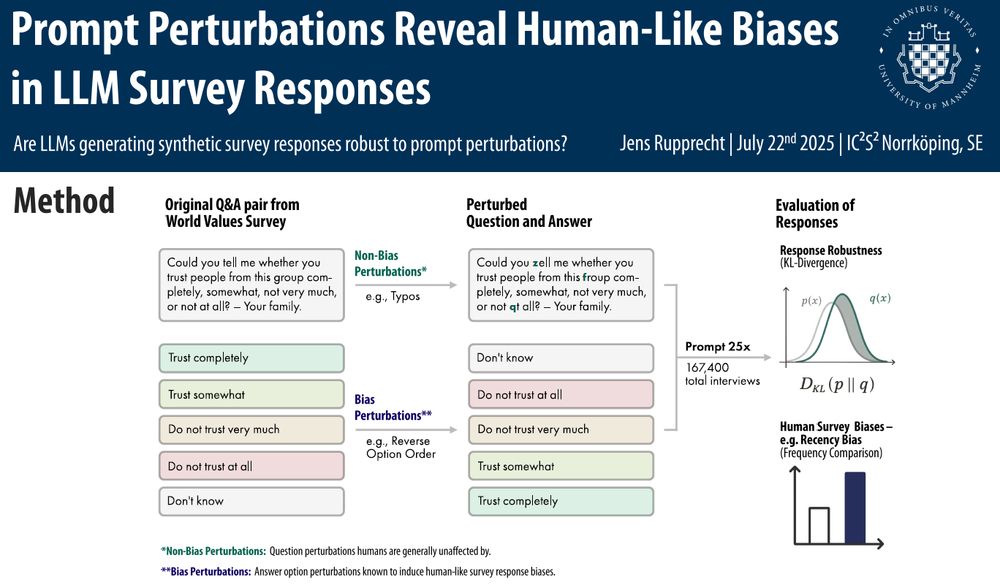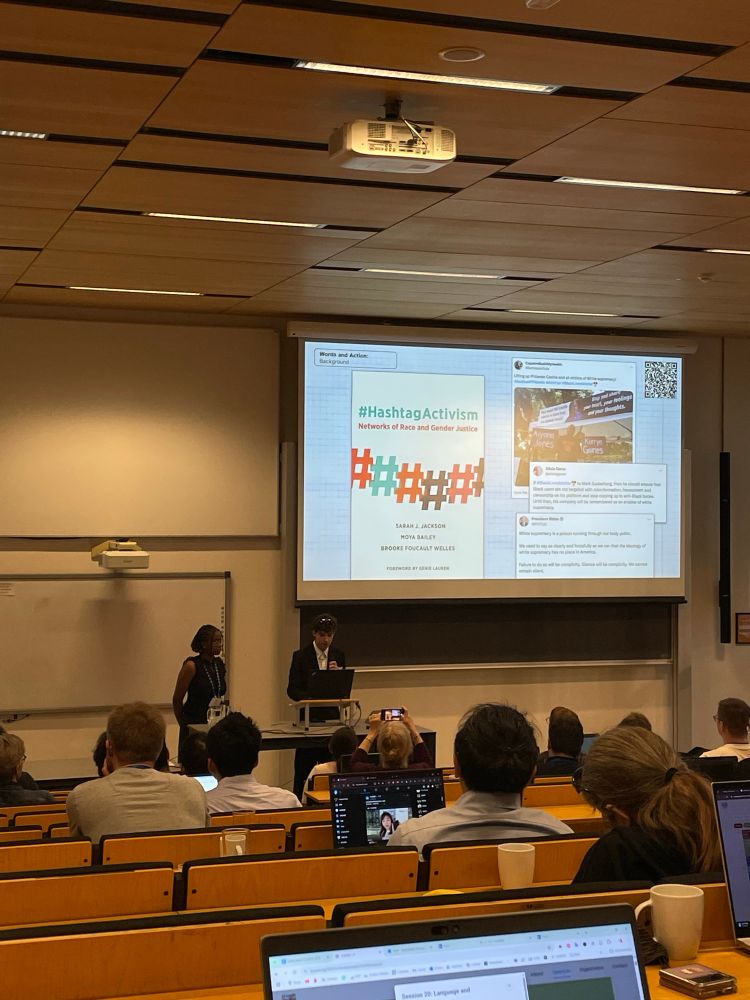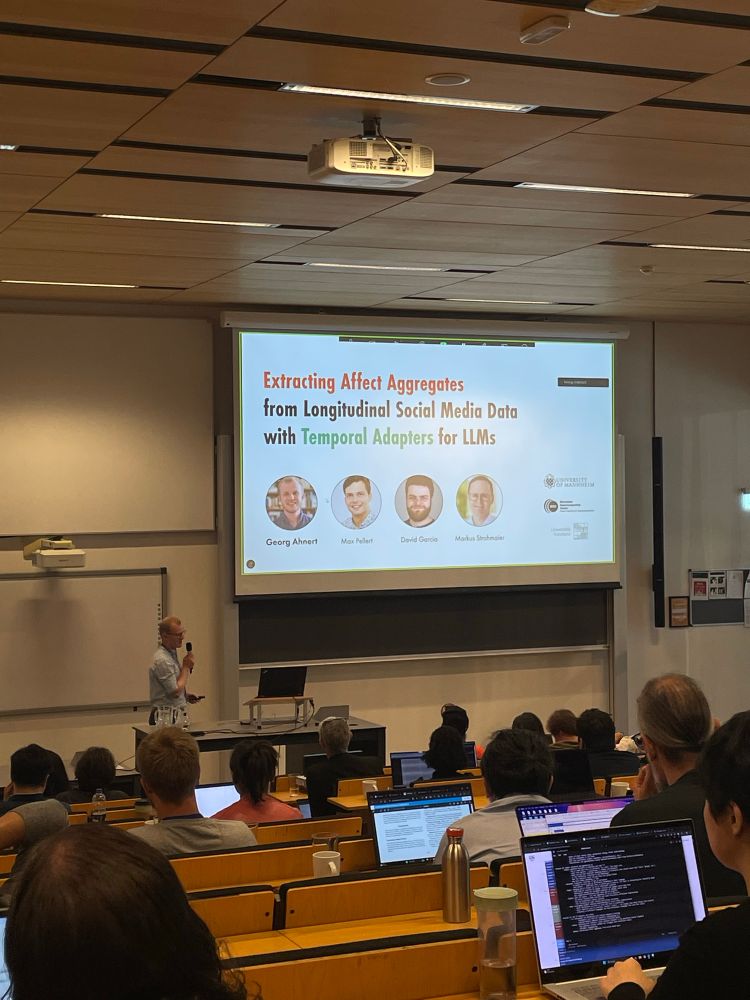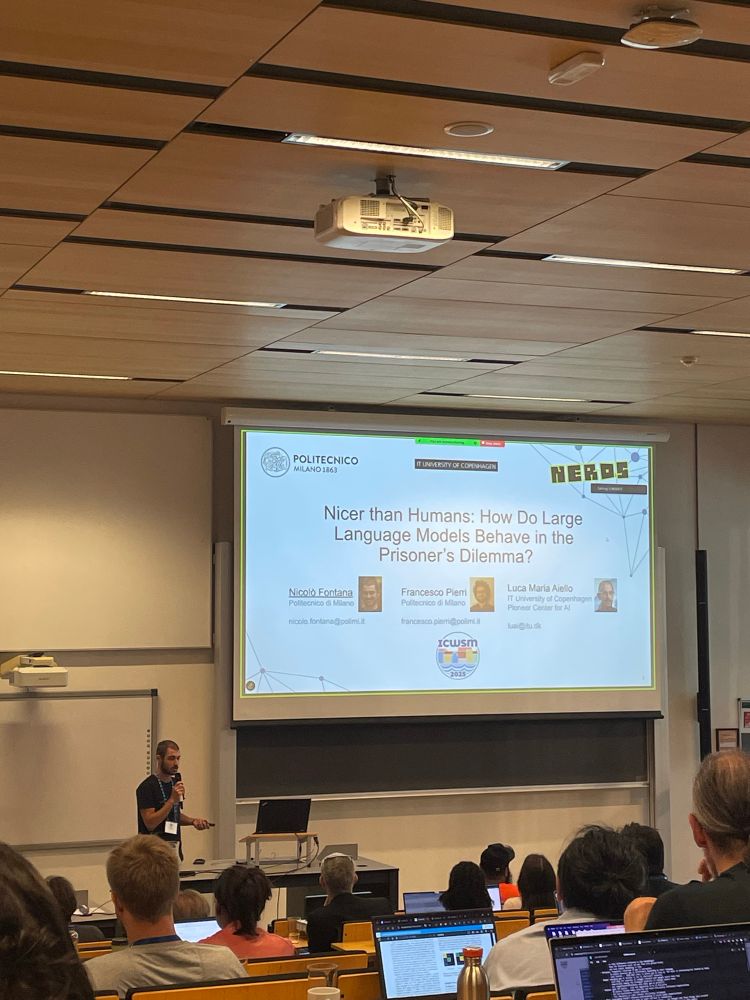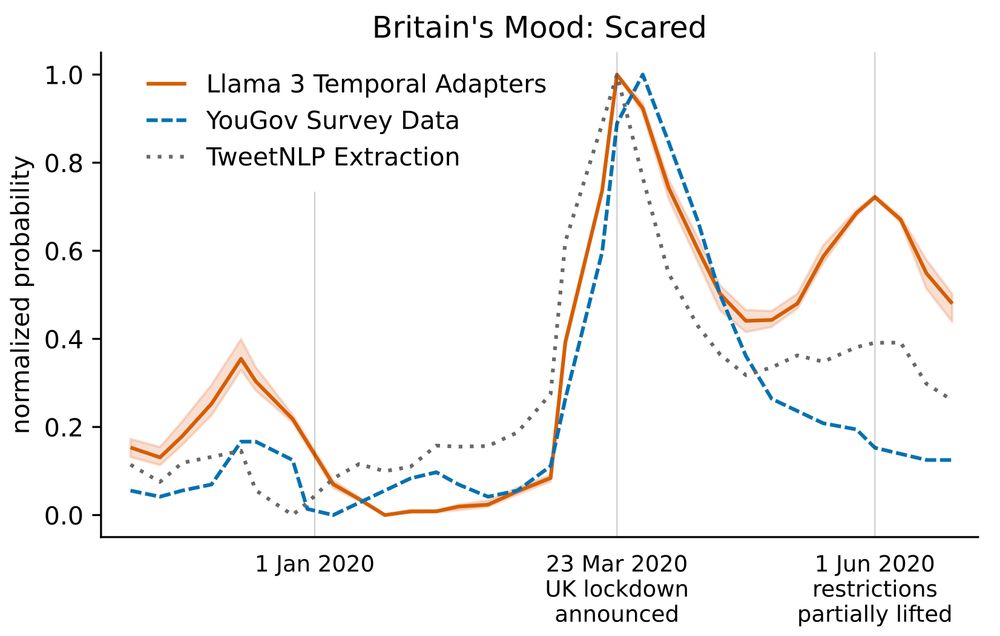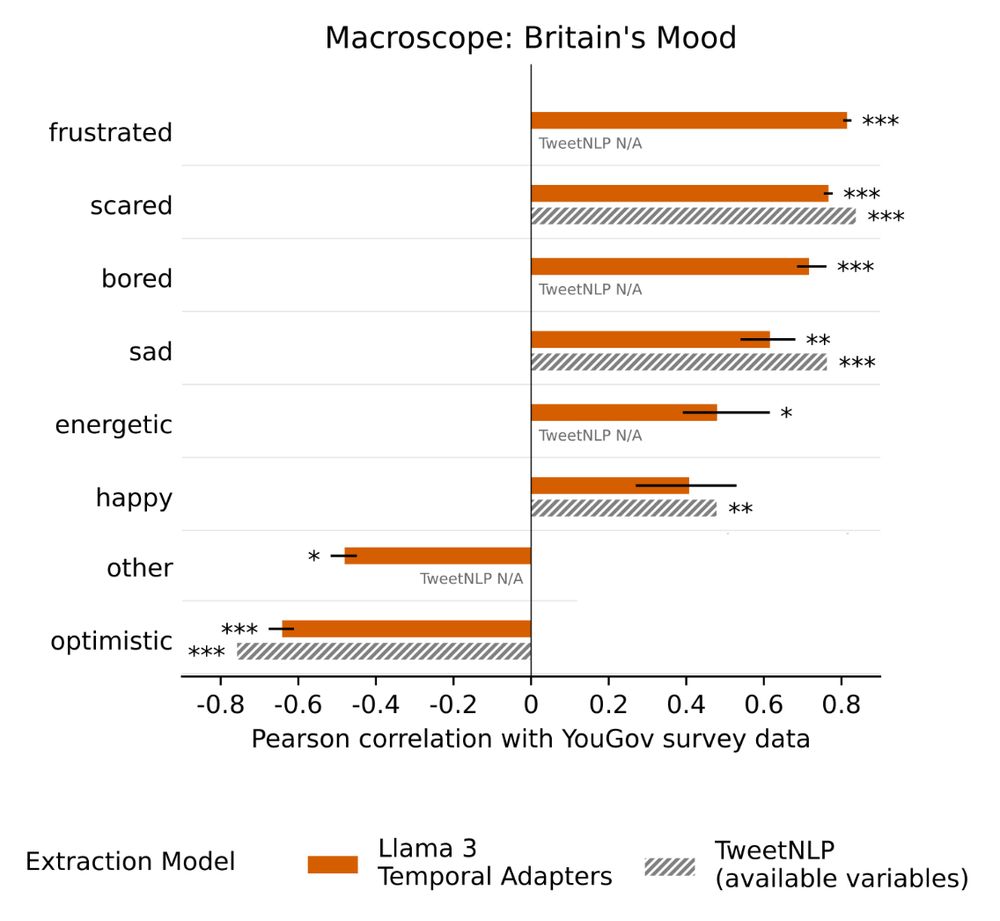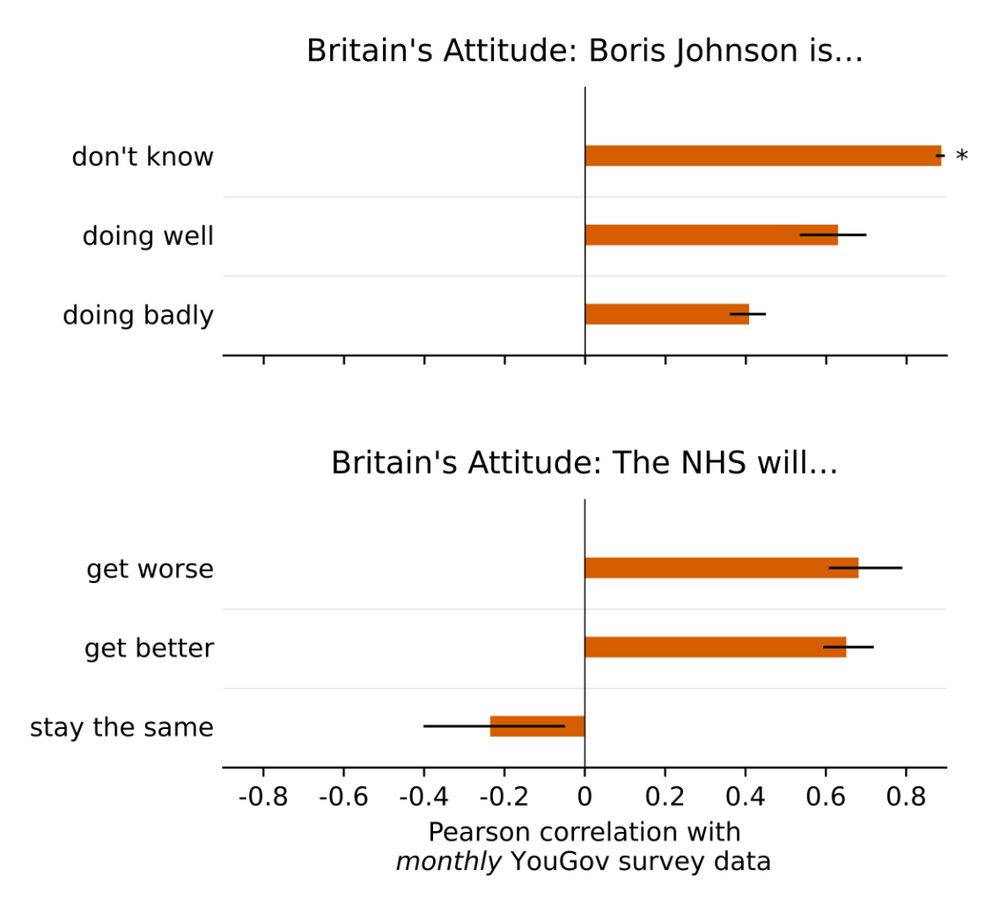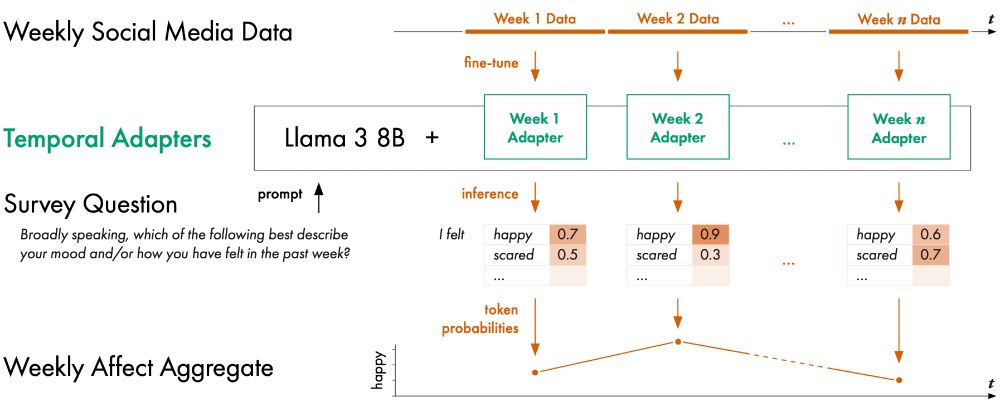Georg Ahnert
@wanlo.bsky.social
190 followers
390 following
14 posts
PhD Student in Social Data Science at University of Mannheim | LLMs and Surveys | georgahnert.de
Posts
Media
Videos
Starter Packs
Pinned
Reposted by Georg Ahnert
Indira Sen
@indiiigo.bsky.social
· Jul 29
Reposted by Georg Ahnert
Reposted by Georg Ahnert
Indira Sen
@indiiigo.bsky.social
· Jul 21
Reposted by Georg Ahnert
Reposted by Georg Ahnert
Reposted by Georg Ahnert
Reposted by Georg Ahnert
Jana Jung
@janajung.bsky.social
· Jul 17
Georg Ahnert
@wanlo.bsky.social
· Jun 27
Reposted by Georg Ahnert
Reposted by Georg Ahnert
Georg Ahnert
@wanlo.bsky.social
· Dec 19
Reposted by Georg Ahnert
Emilio Ferrara
@emilioferrara.bsky.social
· Nov 14
Reposted by Georg Ahnert
Emilio Ferrara
@emilioferrara.bsky.social
· Nov 13
Reposted by Georg Ahnert
Chris Bail
@chrisbail.bsky.social
· Oct 8

